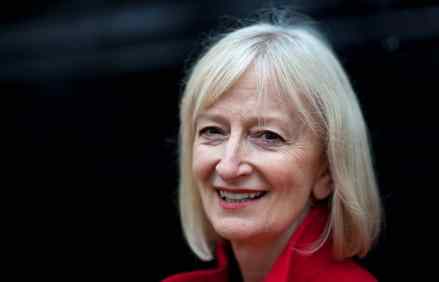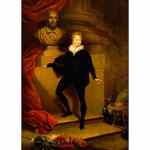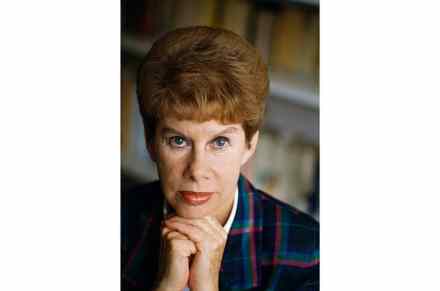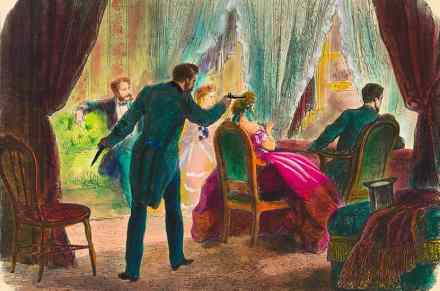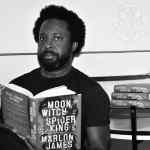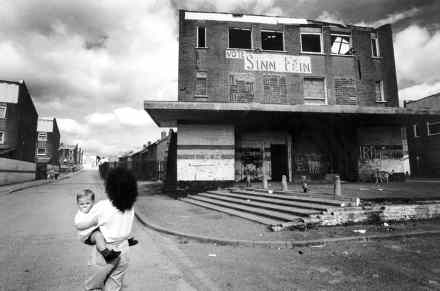A visit from Neanderthals: The Red Children, by Maggie Gee, reviewed
This is the kind of novel that will be discussed jubilantly in the book clubs of places like Lib Dem north Oxford. It is a social polemic disguised as fiction. Maggie Gee’s concerns are topical: migration, global warming, ‘the virus’, colour prejudice and first nations. The Red Children will be selective in its appeal. Strange red people with large heads suddenly appear in Ramsgate, and stand about naked on the seafront The plot is a surreal fantasy set on ‘the edge of England’, in Ramsgate, where Gee lives. Strange red people with large heads turn up suddenly and stand about naked on the seafront looking out to the Channel or
